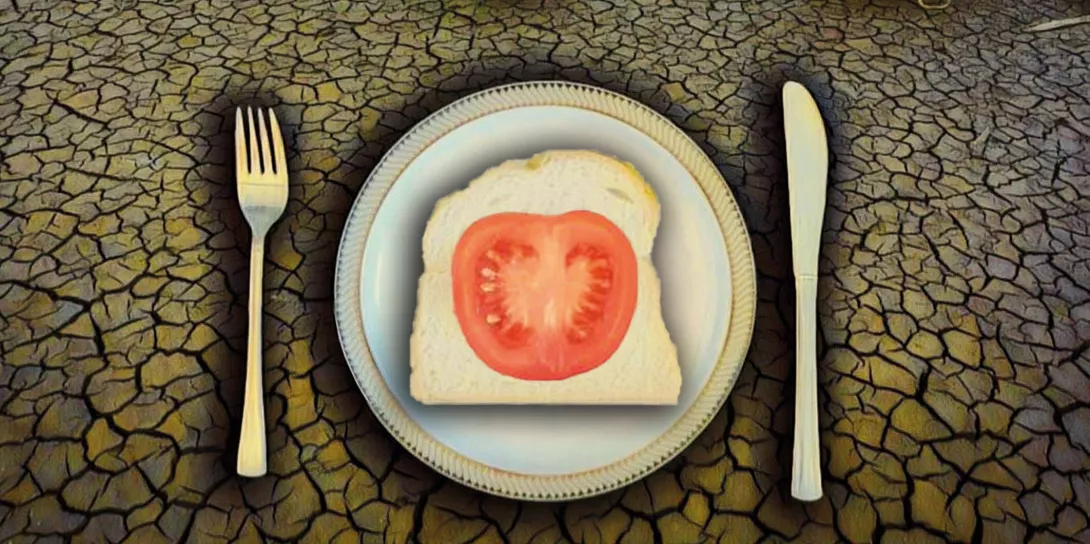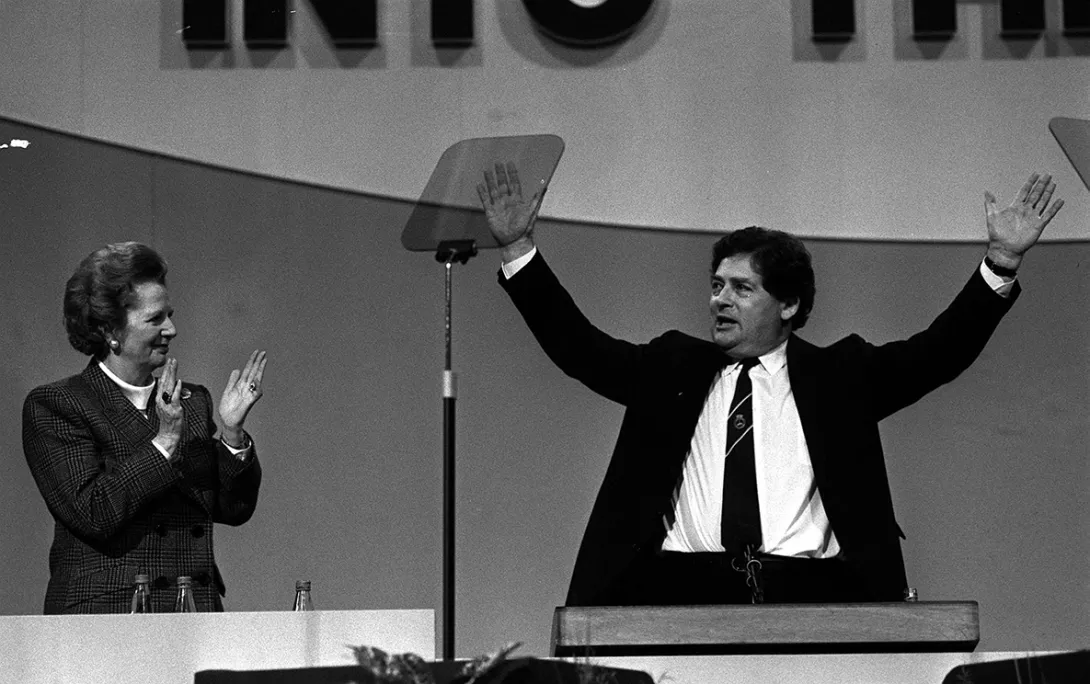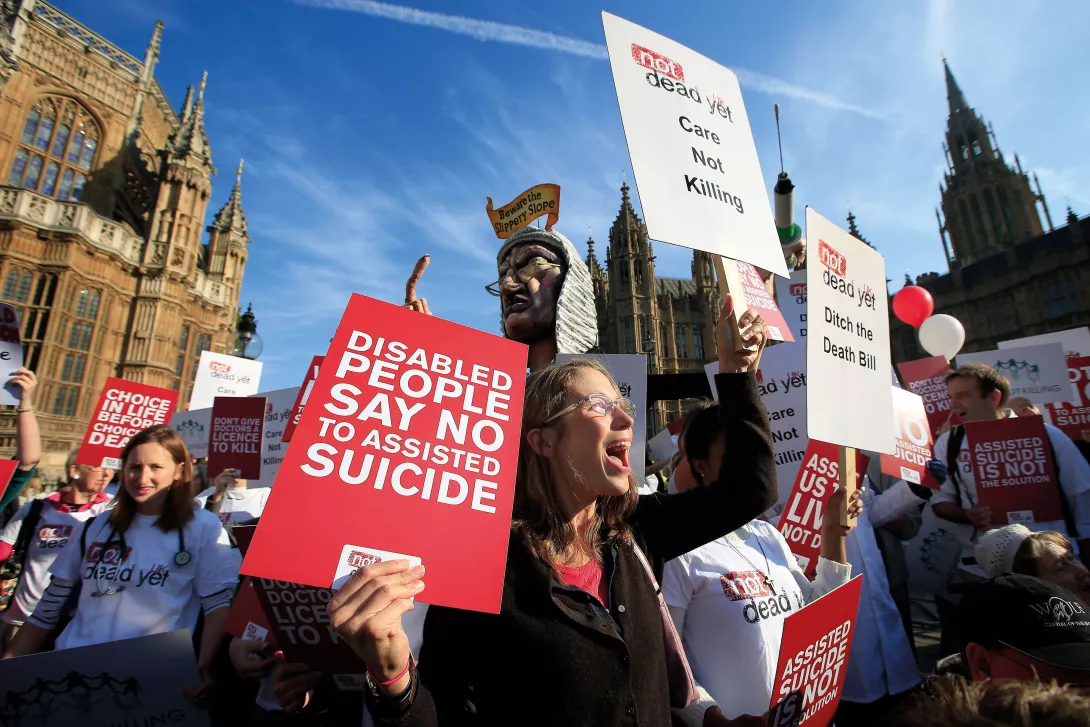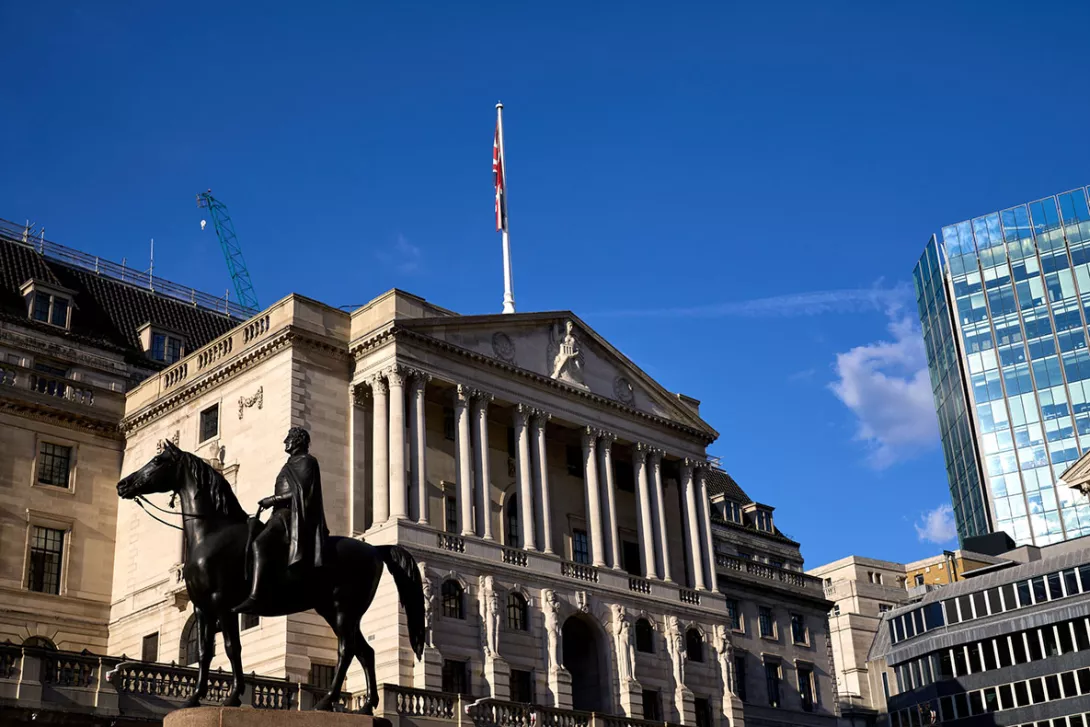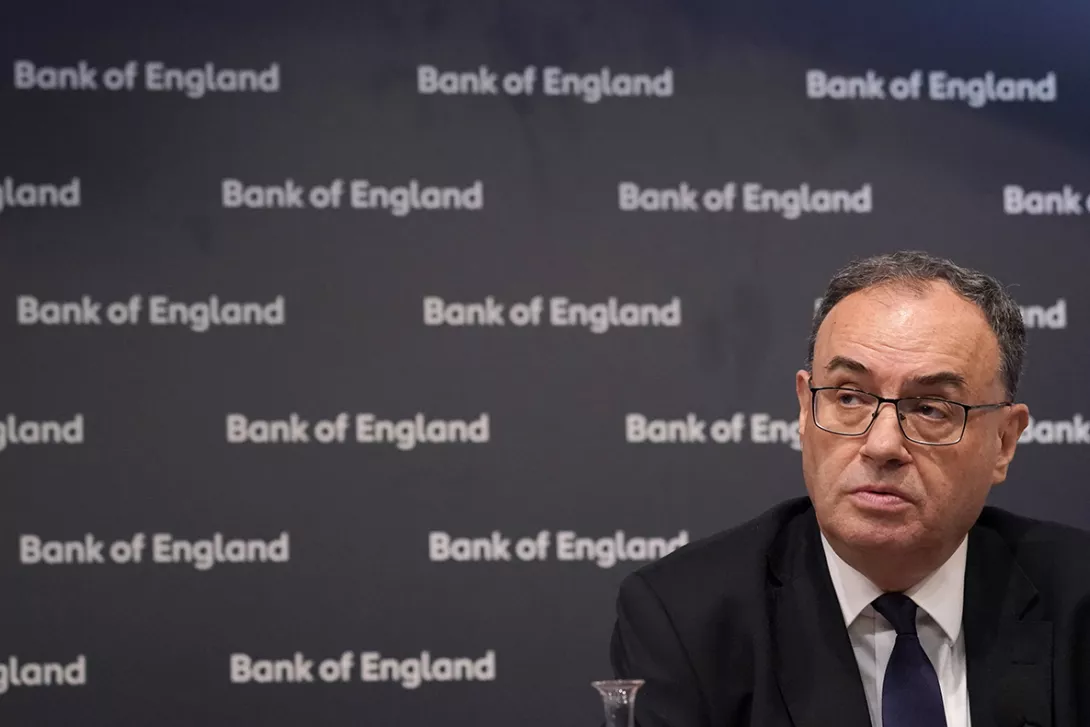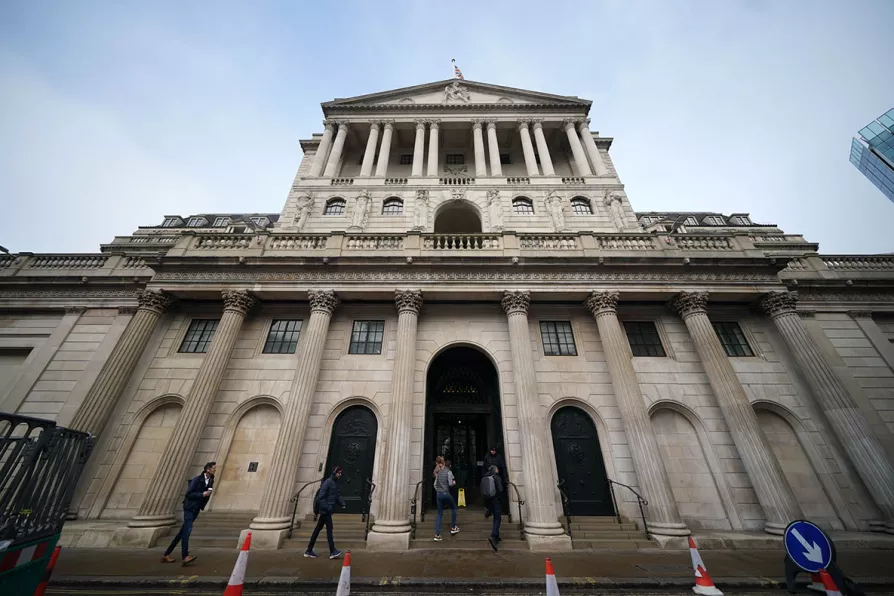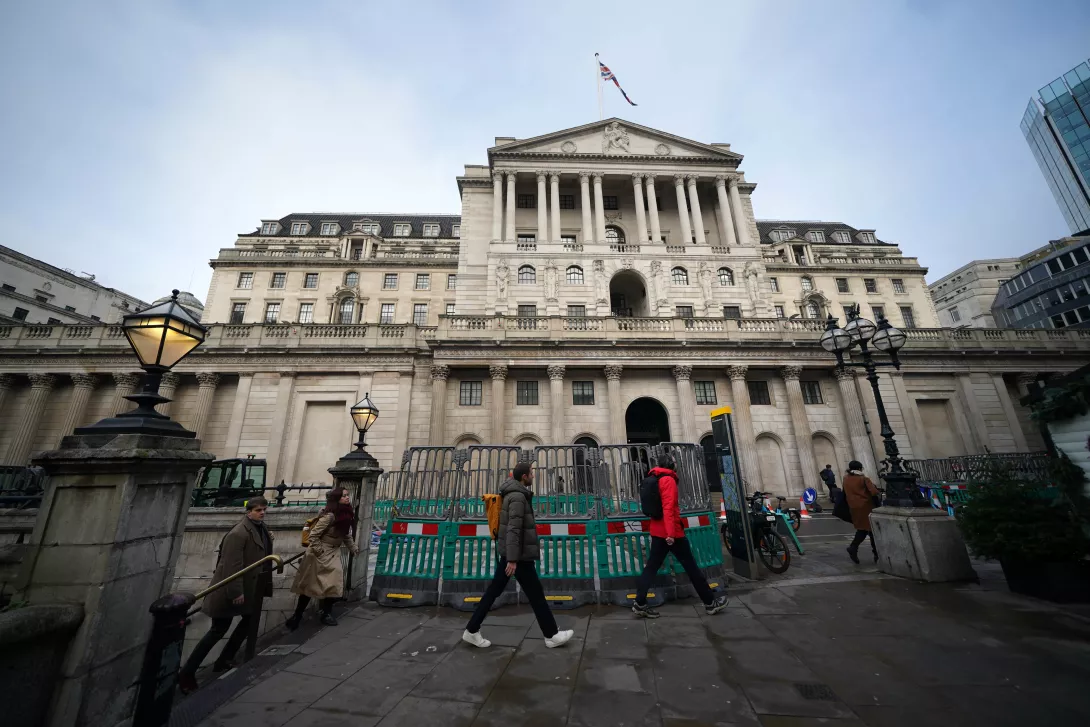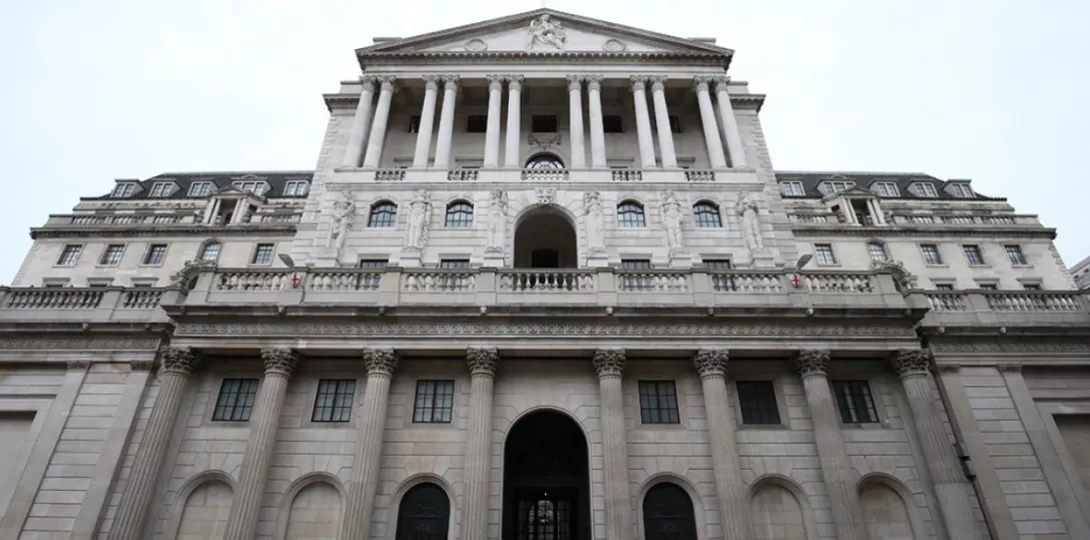
THE Bank of England’s raising of interest rates this week was a poor decision that will do little to nothing to restrain price rises, adds to the financial burdens on households and small businesses and increases the joint risks of recession and financial crisis.
But it’s not all bad news: new figures from Unite the Union show that the four largest banks’ profits are up £7bn since the start of the pandemic, as rising Bank of England interest rates have been turned into higher borrowing costs for households and businesses — while, naturally, savings rates have barely moved.
Sarcasm aside, the best that can be said for the rates rise, with two dissenting members of the rate-setting Monetary Policy Committee voting to keep rates the same, is that the bank is less likely to repeat this madness in future.
Inflation is almost certainly set to fall, driven mostly by the dramatic decline in world energy prices since last summer — in other words, by something that has nothing to do with either the Bank of England or the government, but for which both will try and take the credit.
But falling inflation doesn’t mean falling prices. It just means prices not going up as fast as they were — or, in other words, you will be made poorer less quickly.
Those months of 10 per cent or more inflation will be permanent, lifetime losses, unless your pay also goes up by 10 per cent. A 5 per cent pay rise today, with inflation rising to 10.4 per cent, still means a 5 per cent real-terms loss in your earnings.
Nor does it mean inflation is likely to come back down to the apparently sacred level of 2 per cent, as set in the Bank of England’s “mandate” from government.
The big driver of the surge in inflation is the new instability in the world, which is disrupting supplies across the globe. The most obvious source of this has been Russia’s war with Ukraine, with grain, fertiliser and other essential supplies from these two huge exporters hard hit.
But inflation was rising even before last February. Covid lockdowns disrupted supply chains across the globe, and those effects are still playing out.
However, most ominously for the future, climate change and the environmental crisis are now playing their part.
Harvests are hit more and more frequently by extreme weather — so when tomatoes are suddenly in short supply in Britain, it has less to do with Brexit (or else why did Ireland also run out?) and more to do with climate change striking Mediterranean weather systems.
Ecological chaos across the globe turns into shortages, and increased prices. And as the Intergovernmental Panel on Climate Change warned this week, the situation is only likely to get worse.
Set against all this, for the Bank of England to be raising interest rates is a classic case of only having a hammer, and so seeing every problem as a nail.
The bank, like other central banks, has been swinging its interest rate bludgeon for the last year, and the wreckage is starting to pile up. It’s not only that rate rises are a brutal mechanism, intended to provoke more unemployment and so frighten workers into accepting lower pay.
It’s also that they risk financial crisis. In the US, interest rate rises put paid to Silicon Valley Bank — a poorly run institution particularly exposed to rates rises, forcing the US government to bail it out two weeks ago.
But as the traders and speculators know, the US banking system is littered with similar institutions, and share prices for US banks have been hard hit over the last fortnight.
And it’s not just individual banks that can fail. Whole countries in the global South are already under unbearable pressure, with six already defaulting on their loans since 2019 and the UN estimating another 54 are at serious risk of going under.
Inflation doesn’t come from nowhere. Global instability may be the source, but it’s the giant companies that monopolise essential supplies like energy and food that profit from it.
The fossil fuel giants’ profits are notorious, but the four biggest global agribusinesses have seen their profits soar 255 per cent since Covid erupted.
Big companies in general have done very well, with the 350 biggest on the London stock exchange seeing their profit margins rise 85 per cent over the same period of time.
If we want to address the cost-of-living crisis, in the first instance this means addressing soaring profits — either directly, with workers demanding inflation-busting pay rises, or indirectly, through tax.
But ultimately we will need a more resilient system, where the supplies of essentials for modern life, from energy to food, are not determined by the demands of profits but human need. Fiddling about with interest rates won’t deliver.

